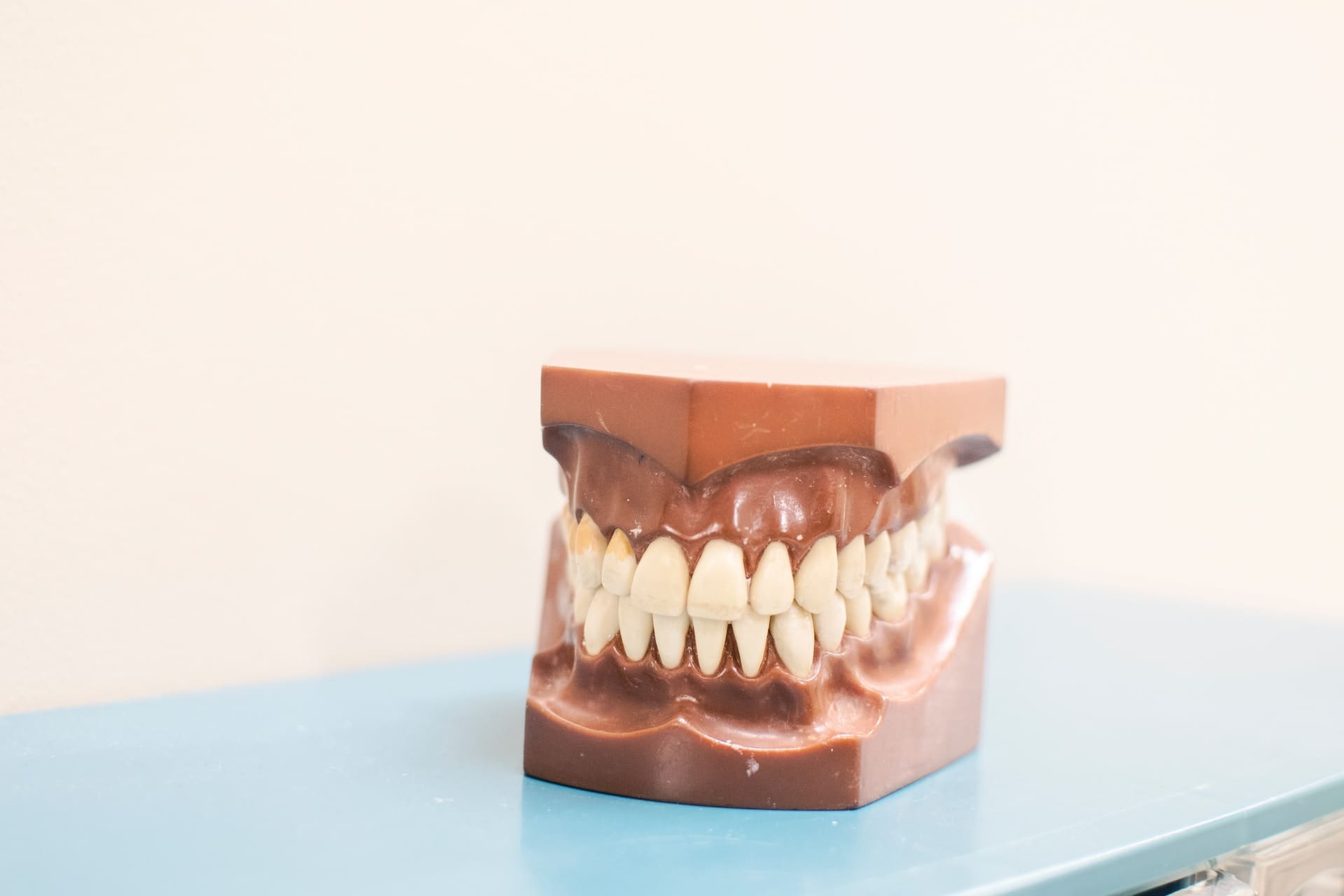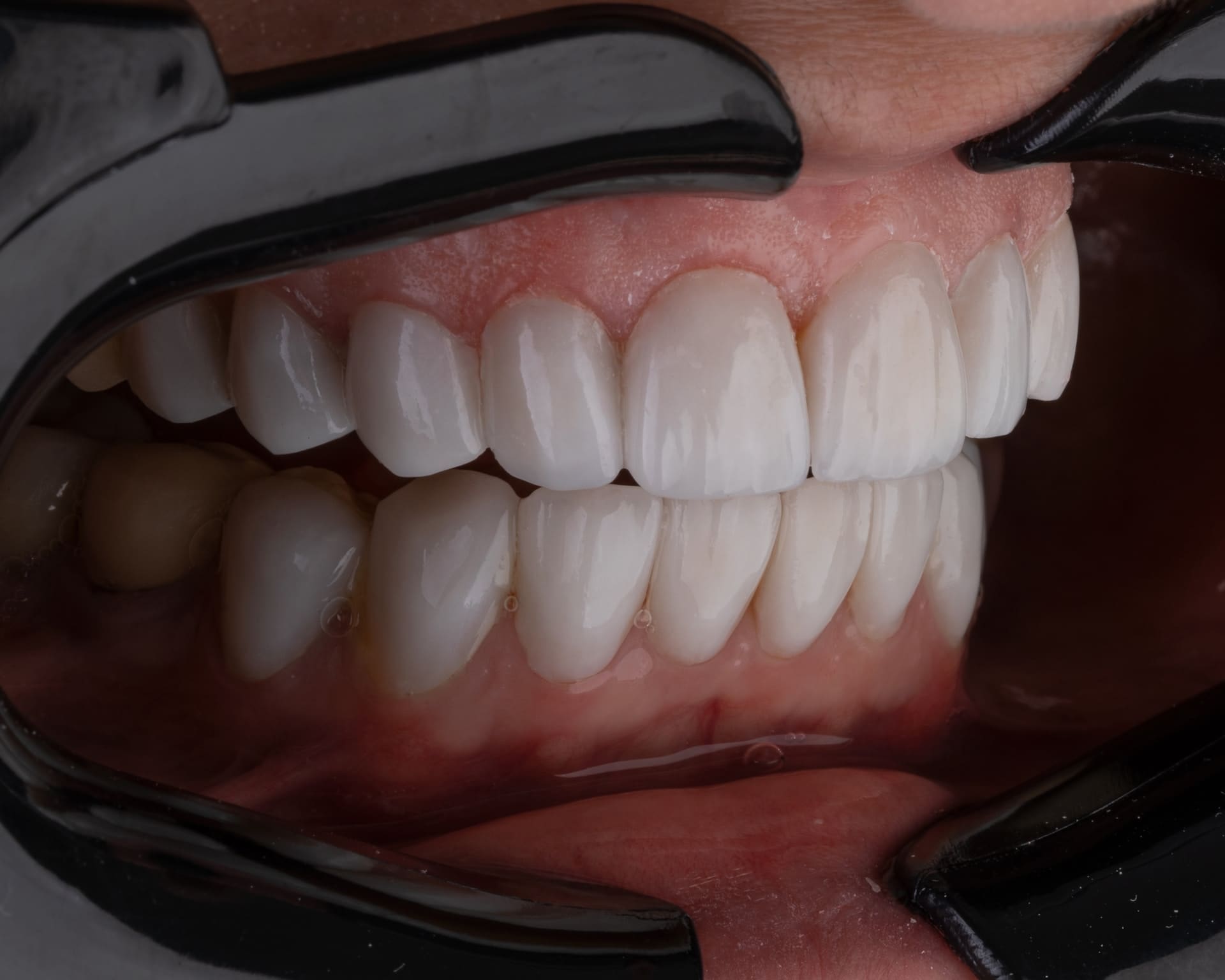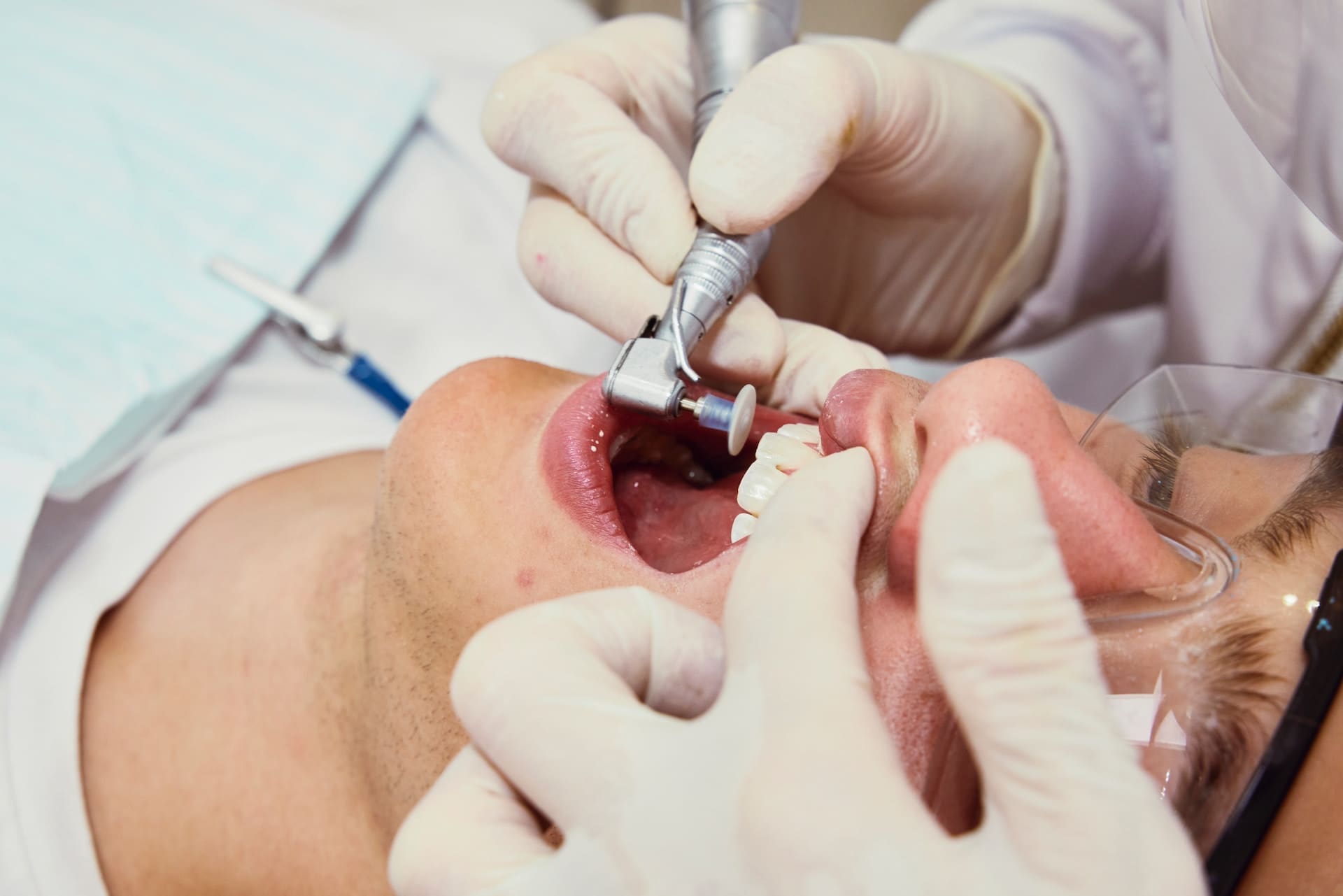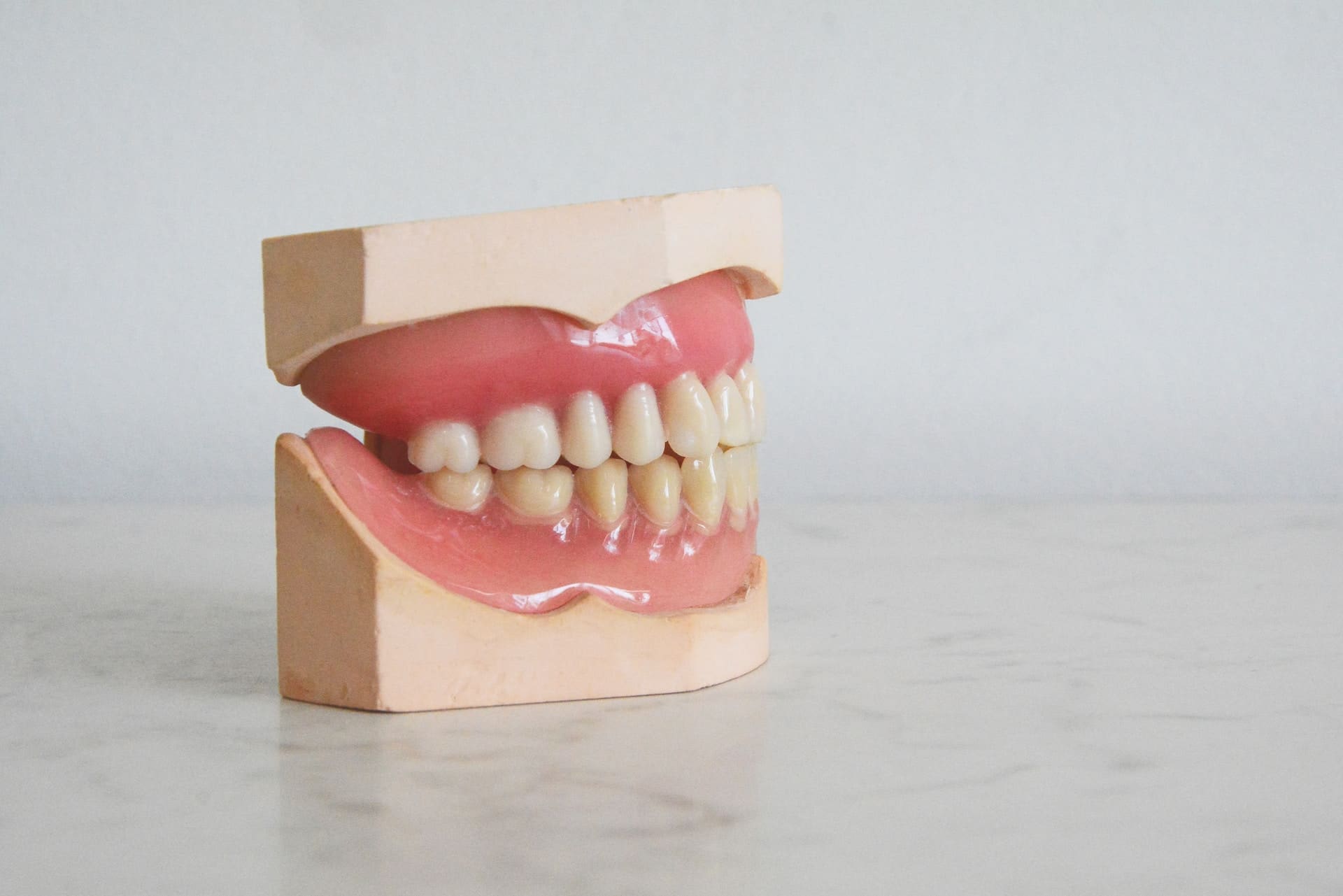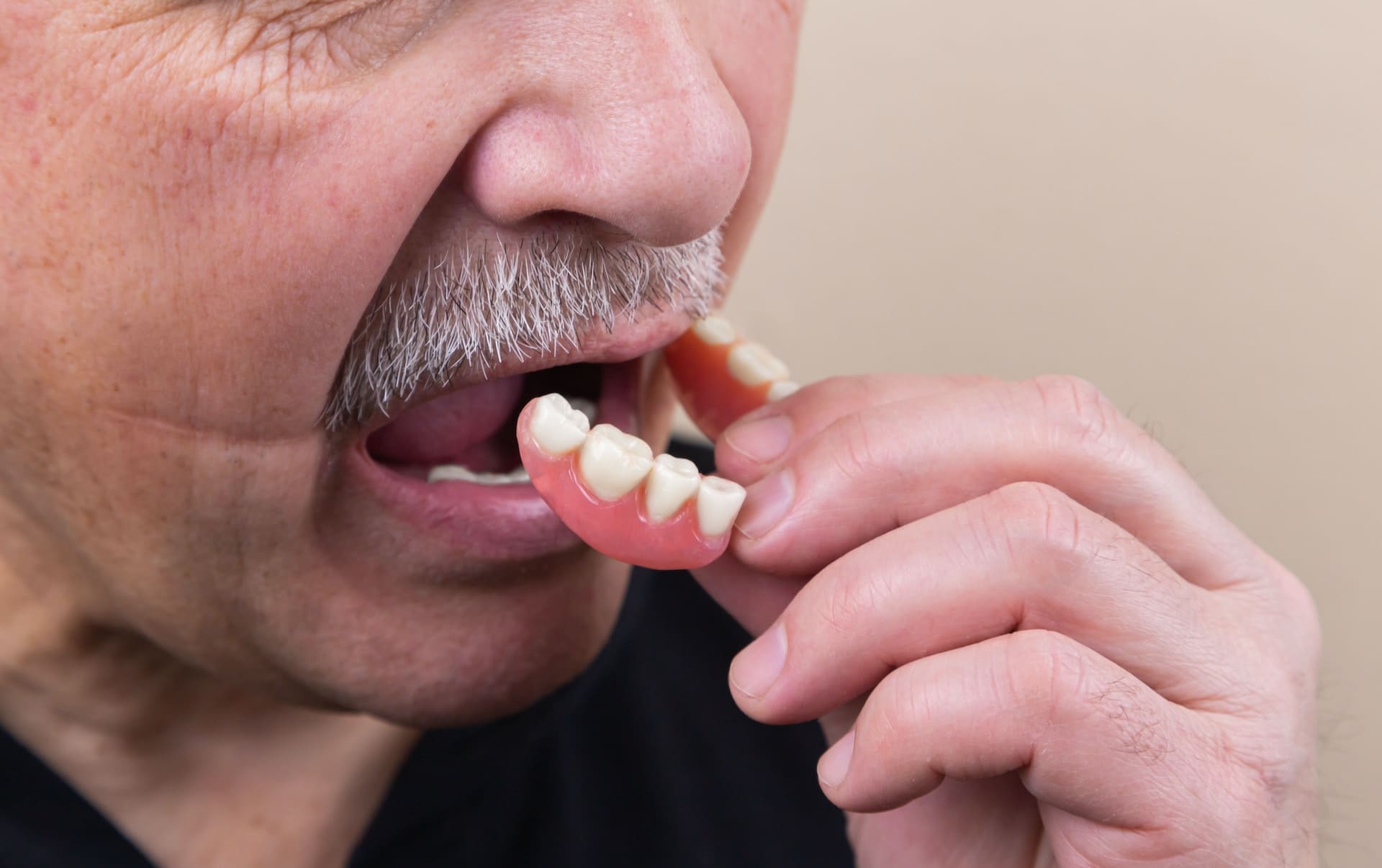Are Hybrid Implant Dentures Right for Your Dental Needs?
Dentures have come a long way since the time of George Washington’s wooden teeth. Today, hybrid implant dentures are popular for those seeking a more permanent solution to missing teeth. But are they right for your dental needs? Before you get them, here’s what you need to know about hybrid dentures, how they work, and who they are best suited for.
What Are Hybrid Implant Dentures?
Hybrid implant dentures, also known as fixed dentures or implant-supported dentures, are a type of denture that is secured in place by dental implants. Unlike traditional dentures, which stay on the gums and can slip or move around, these dentures are anchored firmly in place by a series of strategically placed implants.
How Do Hybrid Implant Dentures Work?
Hybrid implant dentures typically comprise the implants and the denture itself. The implants are small titanium screws that are surgically placed into the jawbone. Once the implants are in place, the denture is attached using a series of abutments and connectors. The result is a denture that is firmly anchored in place and feels very much like natural teeth.
Who Is a Good Candidate for Hybrid Implant Dentures?
Hybrid implant dentures are a great option for anyone missing multiple teeth and wanting a more permanent solution than traditional dentures. They are also suitable for those who have experienced bone loss in the jaw, as the implants can stimulate bone growth and prevent further deterioration.
However, only some are qualified candidates for hybrid implant dentures. After all, you must have a sufficient bone density in your jaw to support them. If you have significant bone loss, you may need to undergo a bone grafting procedure before receiving implants.
Benefits of Hybrid Implant Dentures
- Improved Comfort: Hybrid dentures are more comfortable than traditional dentures because they are firmly attached and don’t cause soreness by rubbing against the gums.
- Increased Function: Hybrid implant dentures provide stability and support that traditional dentures cannot match. This means you can eat a wider selection of foods, speak more clearly, and enjoy a more active lifestyle without worrying about dentures.
- Enhanced Appearance: Hybrid implant dentures have the appearance and texture of real teeth, enhancing your overall look and increasing your confidence.
- Durability: Hybrid implant dentures are more durable and long-lasting than other ones. They are made with high-quality materials designed to withstand wear and tear, making them a worthwhile investment in oral health.
- Easy Maintenance: Unlike traditional dentures, which require frequent adjustments and maintenance, hybrid dentures can be cared for just like natural teeth, with regular brushing and flossing.
Is Hybrid Implant Dentures Right for You?
Choosing hybrid dentures is a personal decision that should be made in consultation with your dentist or oral surgeon. Hybrid implant dentures are ideal if you miss multiple teeth and want a more permanent solution than traditional dentures. However, consider the potential drawbacks and benefits and decide based on your dental needs and budget.
Final Thoughts
Hybrid implant dentures are a great option for people who have lost most or all of their teeth and are looking for a dependable solution. However, it’s not suitable for everyone, and it’s essential to consult a skilled dental expert to determine if it’s the right choice for your oral health.
Looking for a reliable and affordable solution to restore your missing teeth? Look no further than Weymouth Dental Arts! Our expert dentists specialize in hybrid dentures, a highly effective treatment that combines the best of both worlds: the stability of dental implants with the affordability of dentures. Schedule your appointment today!

